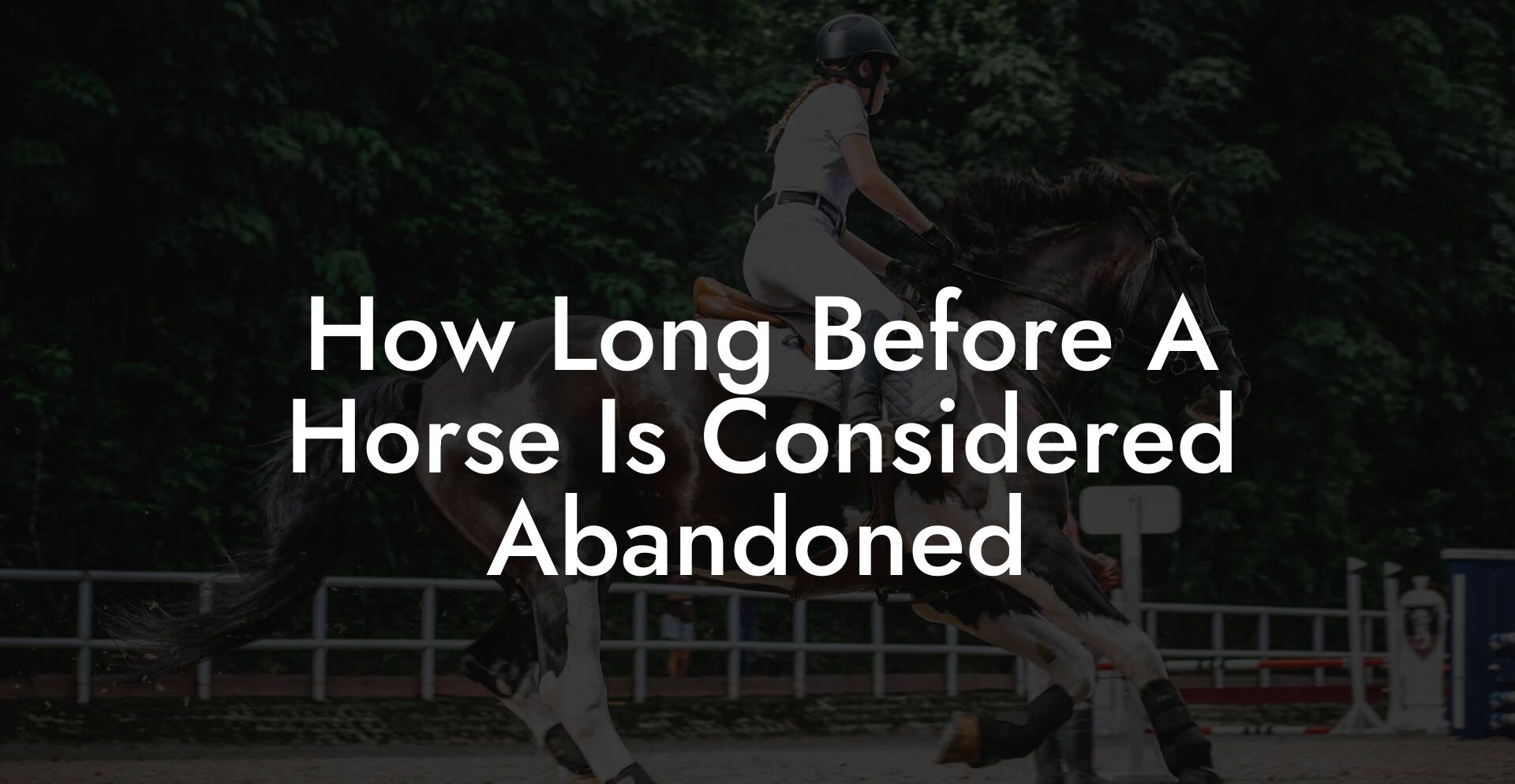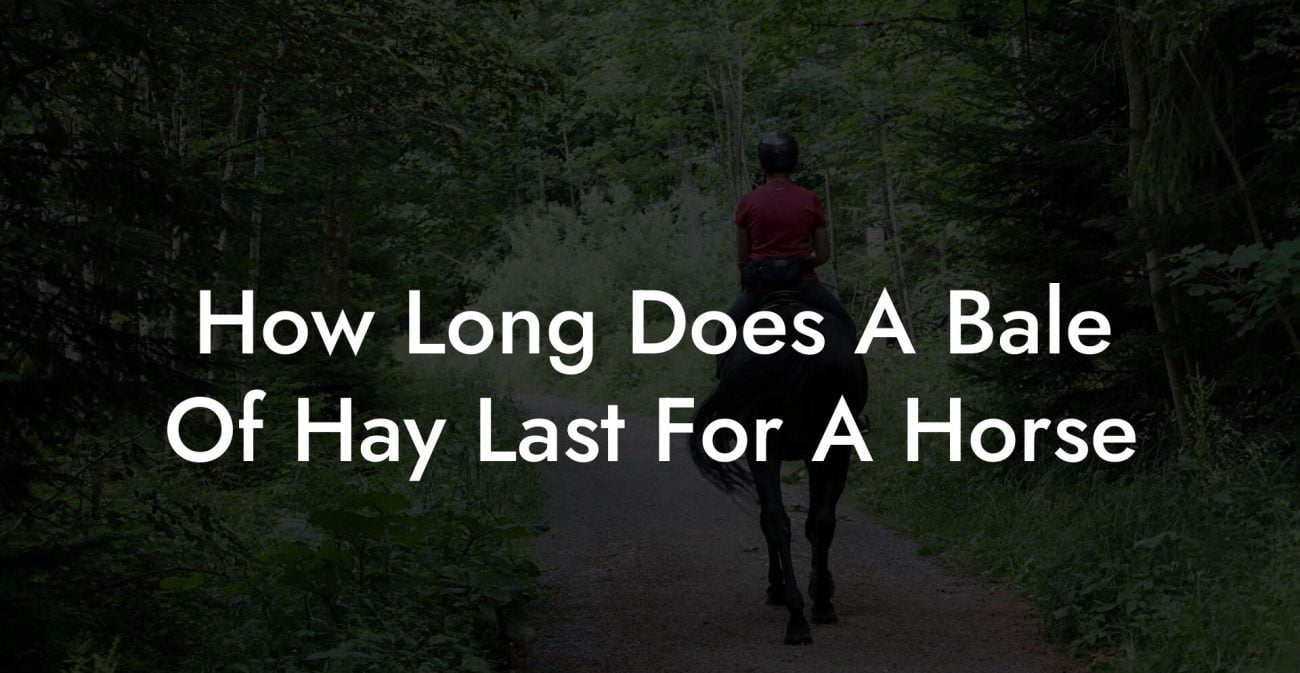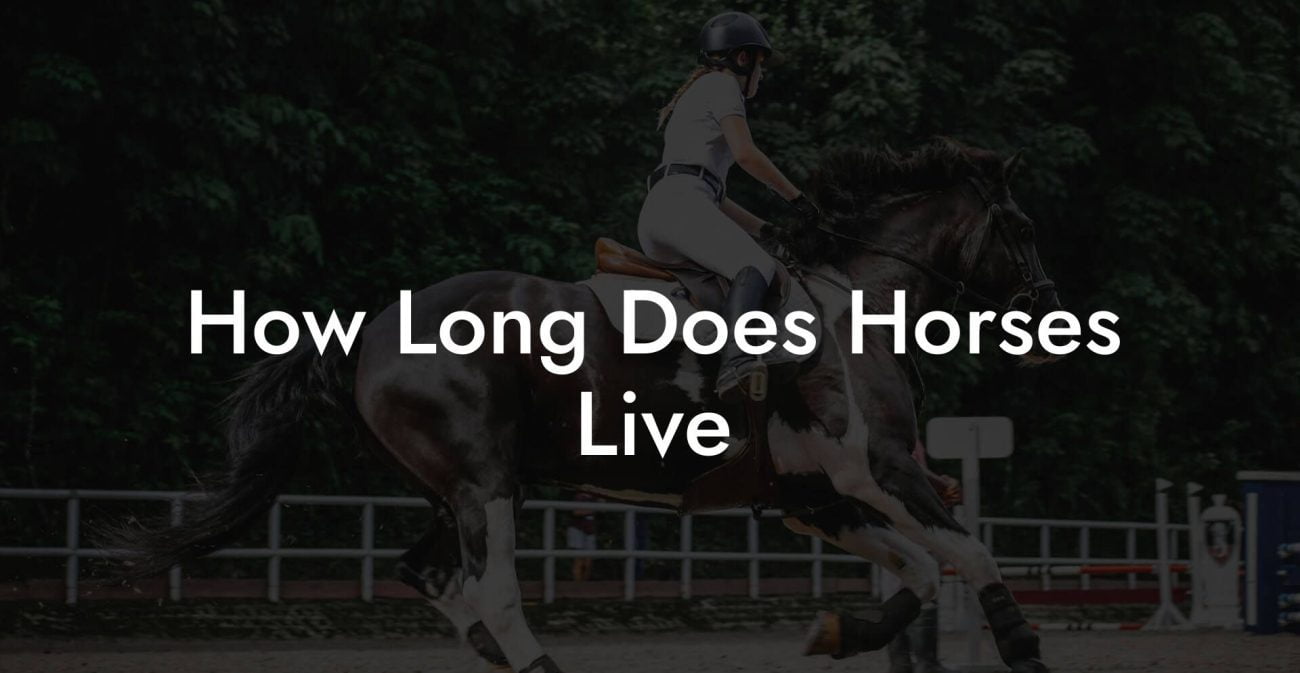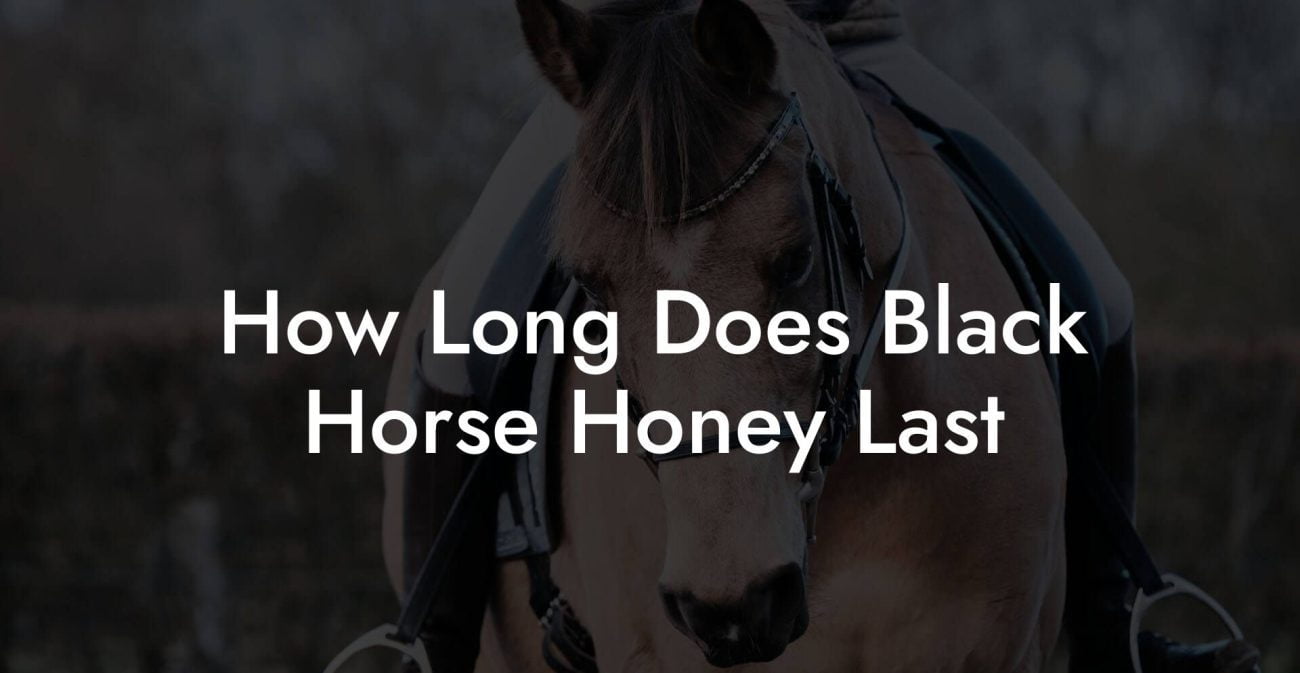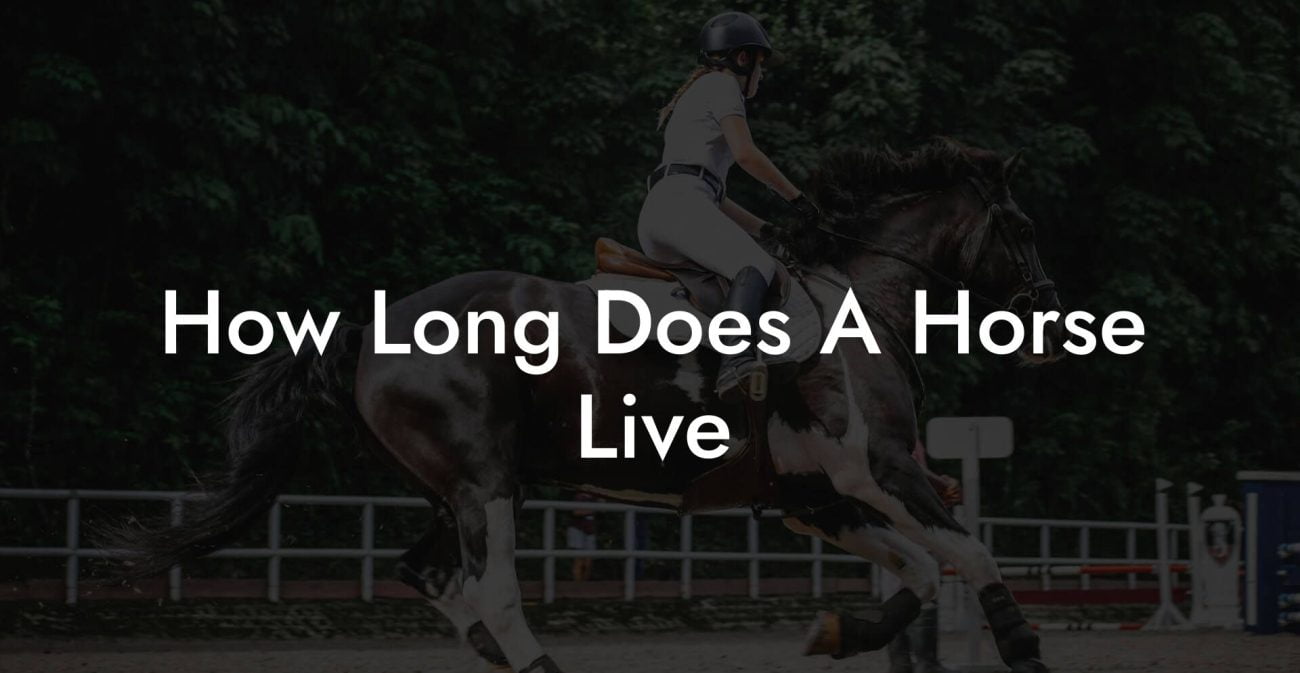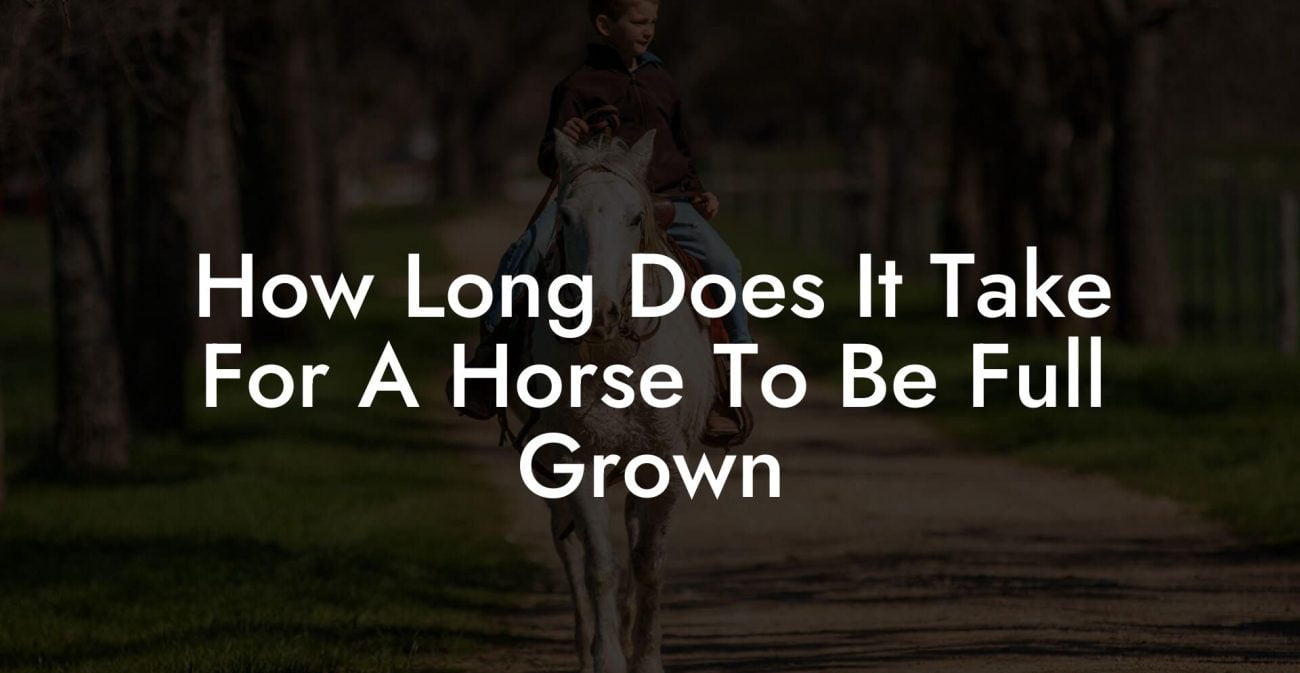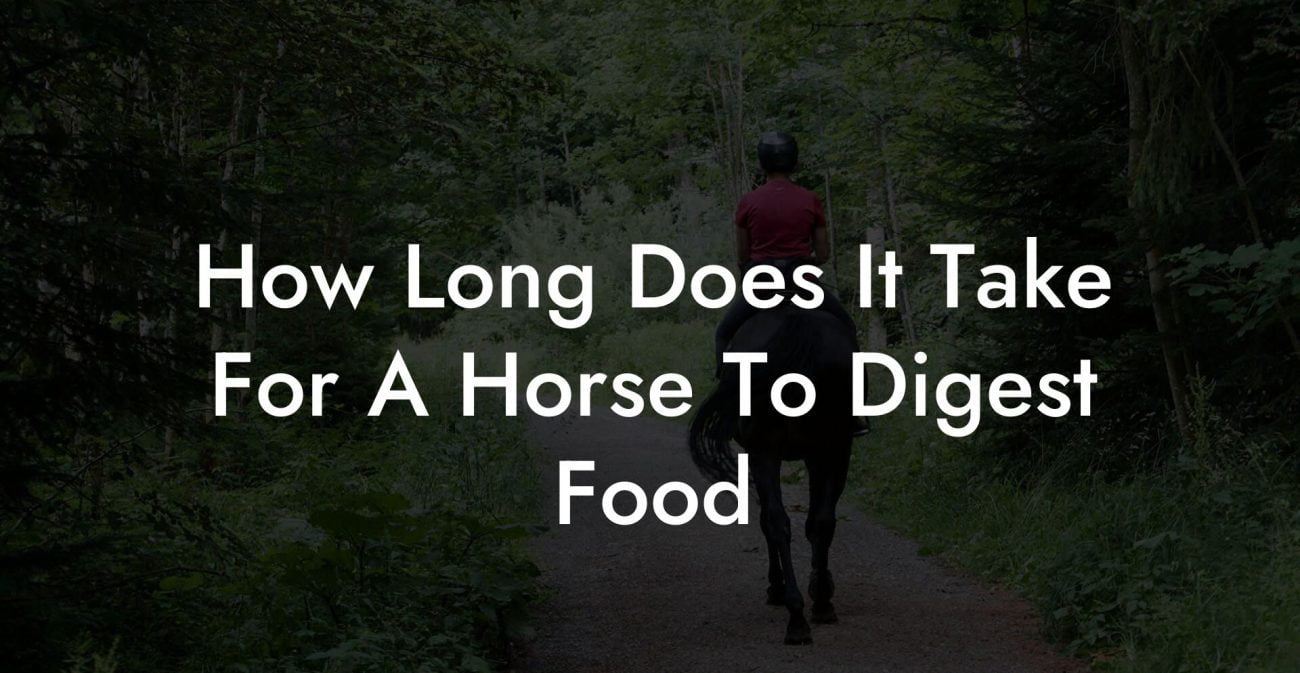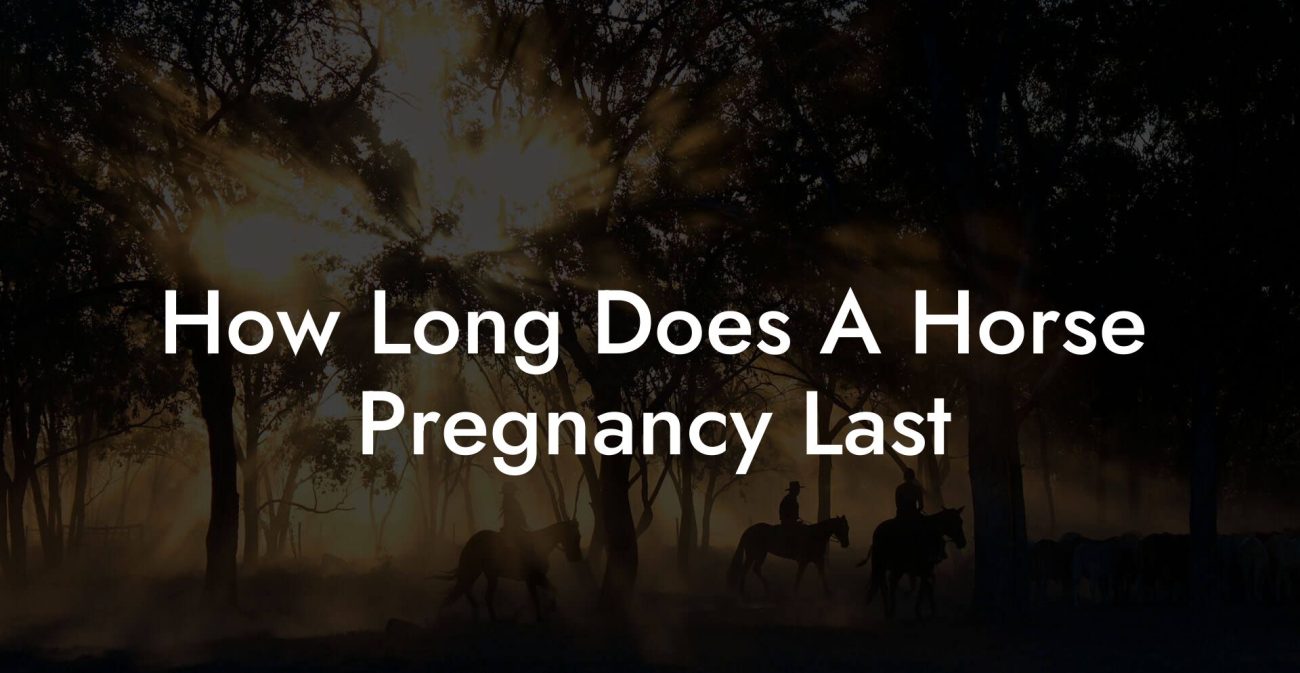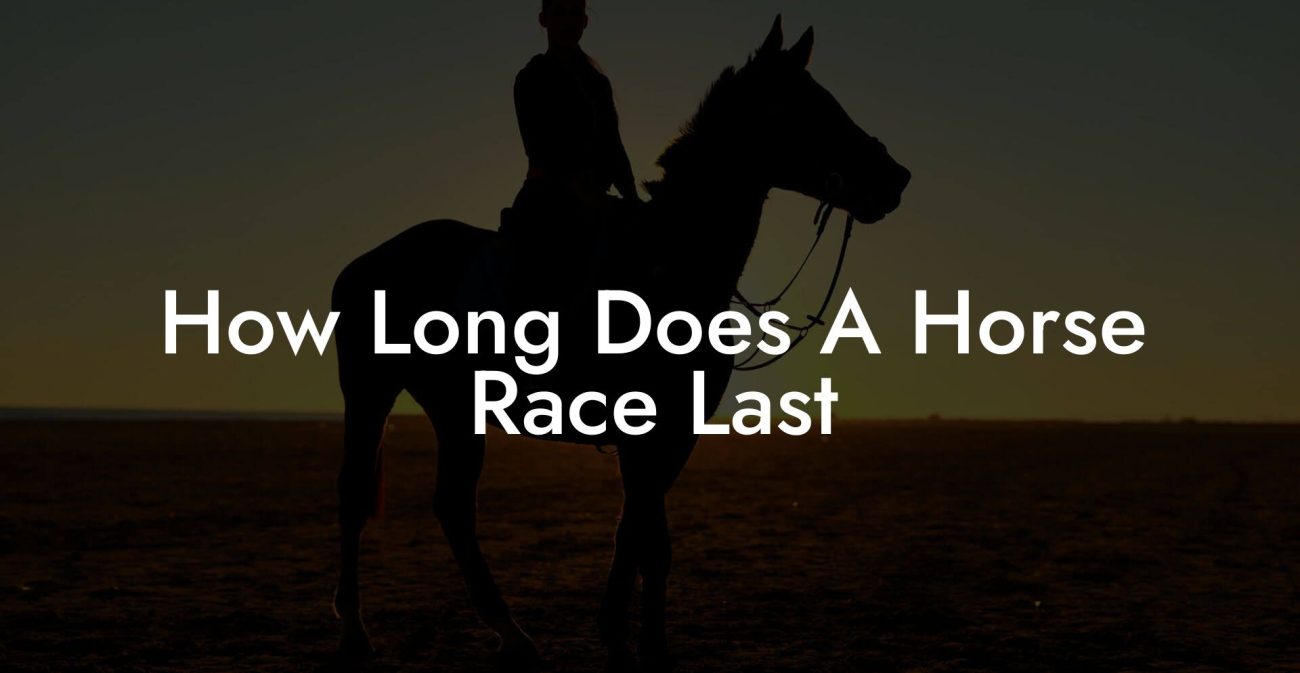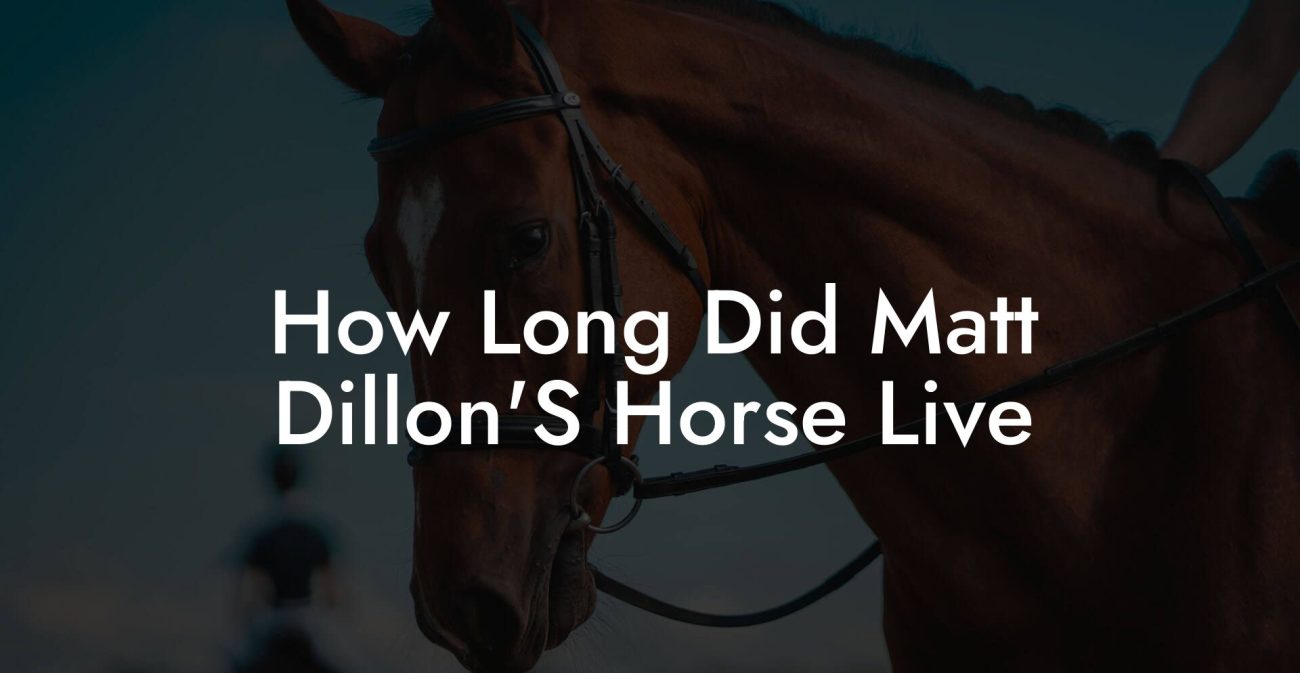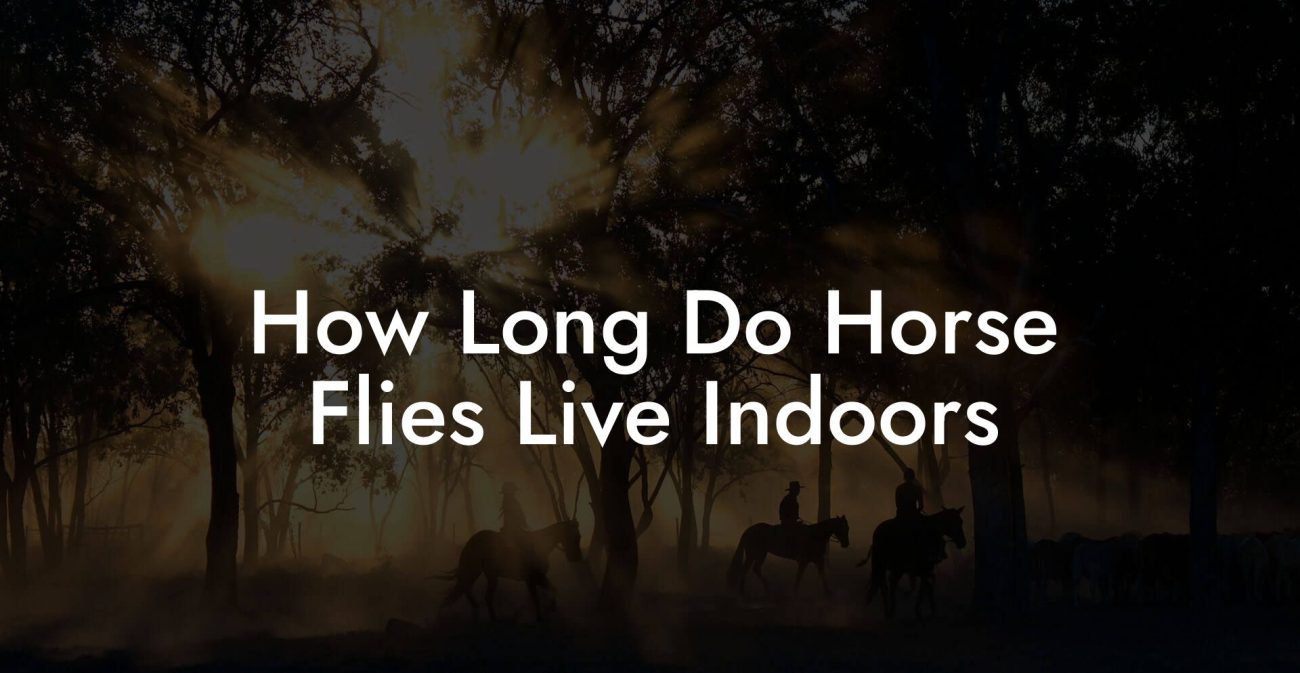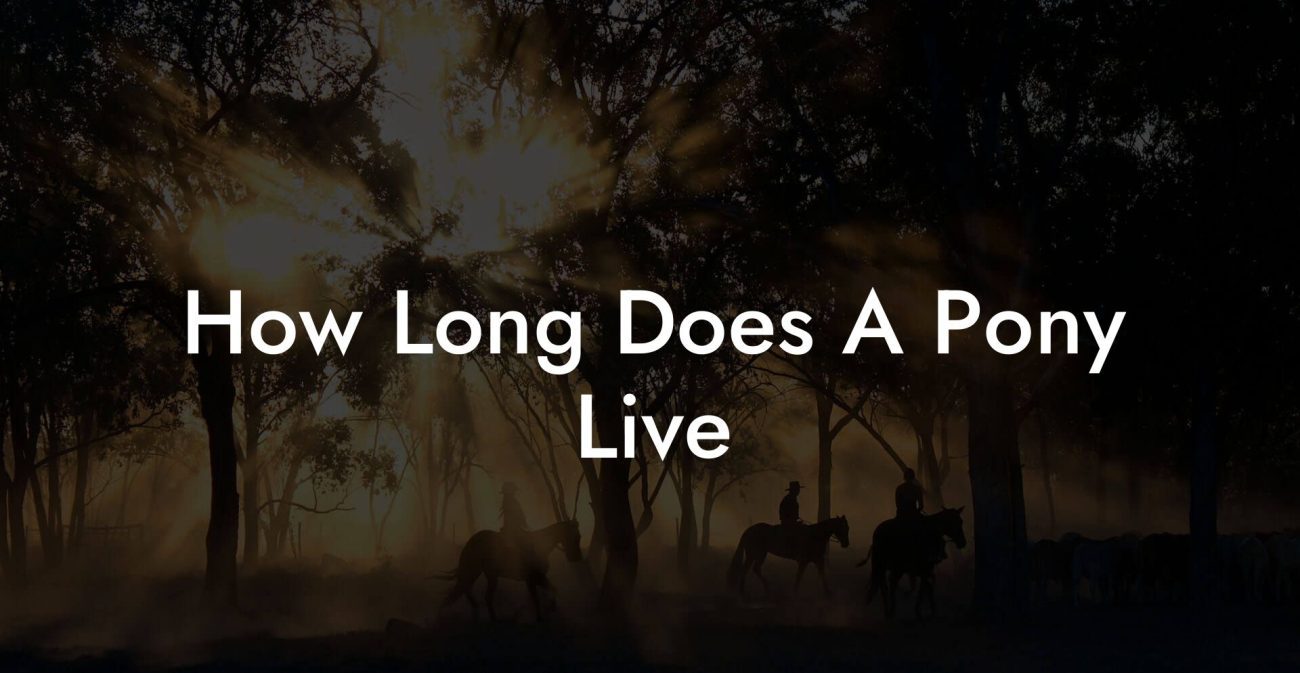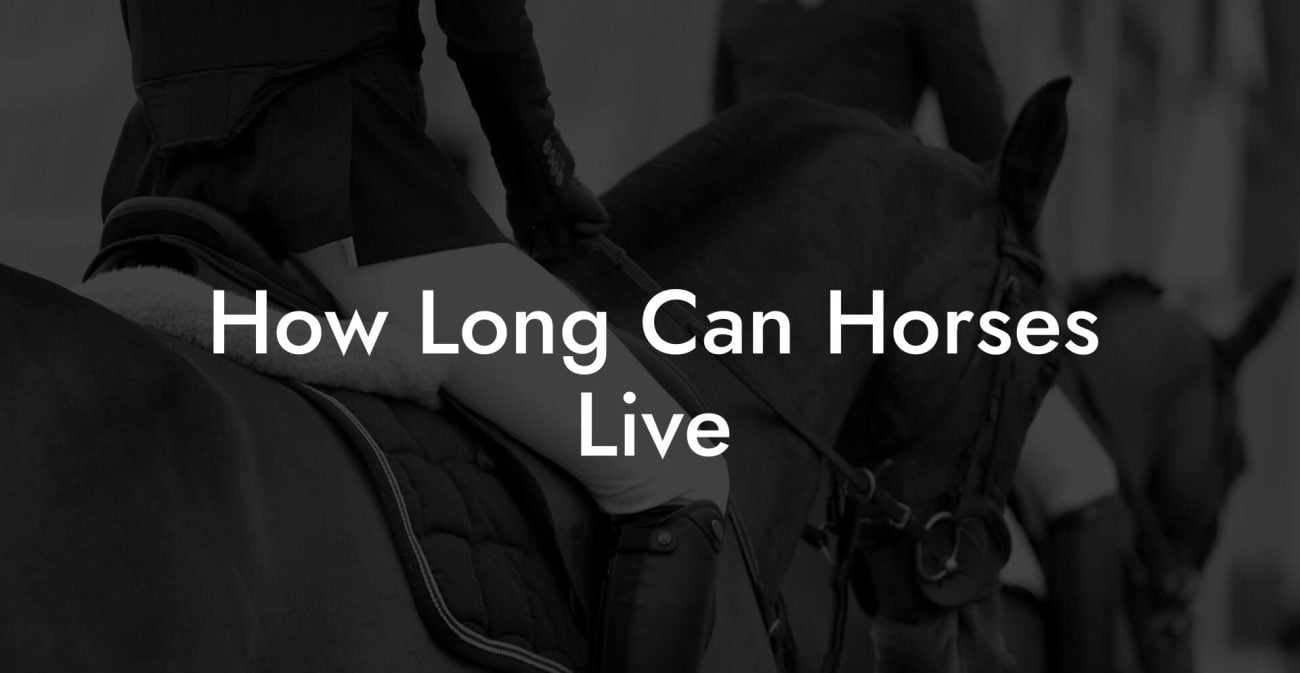Have you ever come across a seemingly abandoned horse and wondered how long it has been there without care? This question poses more than just concern for the animal's well-being but also has legal implications. Understanding the factors that determine when a horse is considered abandoned can help you handle such a situation responsibly and protect both the horse and yourself.
How Long Before A Horse Is Considered Abandoned Table of Contents
Defining Abandonment
Abandonment is when an owner willingly and intentionally leaves the care of their horse without proper provision for its welfare. This includes neglecting its basic needs such as food, water, shelter, and healthcare. Abandonment is not only an ethical issue but also a legal one, as it violates laws protecting animals from mistreatment.
Signs of Abandonment
To determine if a horse has been abandoned, look for these common signs:
- Lack of food and water, leading to malnutrition and dehydration
- Unsanitary living conditions
- Untreated injuries or illness
- Overgrown hooves, indicating a lack of farrier care
- Untrimmed or matted hair
- Extreme weight loss and visible ribs
Legal Time Frames of Abandonment
The duration before a horse is legally considered abandoned varies depending on the jurisdiction and, unfortunately, there is no universal time frame. Laws regarding horse abandonment may be governed at the state, provincial, or even municipal level.
In some areas, animals left unattended for as few as 72 hours may be considered abandoned, while other jurisdictions might require weeks or even months. You must research the regulations in your area to determine the specific laws that apply.
Steps to Take If You Suspect Abandonment
If you believe a horse has been abandoned, follow these steps to protect the animal and yourself:
- Notify the authorities: Contact your local animal control agency, humane society, or law enforcement to report the situation.
- Document the situation: Take photographs of the horse and the condition of the area where it was found. This evidence may be needed in case of legal action against the owner.
- Offer temporary assistance: If it is safe to do so, provide the horse with food, water, and a safe environment. However, do not remove the horse from the location or claim ownership without the appropriate legal authority.
- Seek legal advice: Consult with an attorney experienced in animal law to ensure you are taking the correct steps and protecting your interests.
How Long Before A Horse Is Considered Abandoned Example:
Imagine you come across a neglected horse in a nearby field, without food or water, and visibly malnourished. Before taking any action, you should research your area's specific laws and regulations regarding horse abandonment. When you discover that the required time for abandonment in your jurisdiction is two weeks, you can use this information to document the horse's condition and gather evidence, while providing temporary assistance.
After notifying local authorities and seeking legal advice, you can follow the required steps to ensure the best outcome for the horse, potentially saving its life and holding the irresponsible owner accountable.
Encountering an abandoned horse can be a distressing situation, but knowing the signs of abandonment and the steps to take can help you act responsibly and protect both the horse and yourself. Do not hesitate to inform the authorities and seek legal advice to navigate this delicate situation. Share this article with fellow horse enthusiasts to raise awareness of this issue and be sure to explore other guides on How to Own a Horse for more essential information.

